Source: SCMP (11/1/22)
China’s young short-film directors are winning awards at international festivals – could this new generation of auteurs revive Chinese cinema?
Driven by freedom and ‘a sense of mission’, Chinese short-film makers are gaining international recognition with wins at film festivals from Cannes to London. This comes as Chinese feature films are flagging internationally. Does the success of these young filmmakers herald another golden era for Chinese cinema?
By Zhao Ziwen
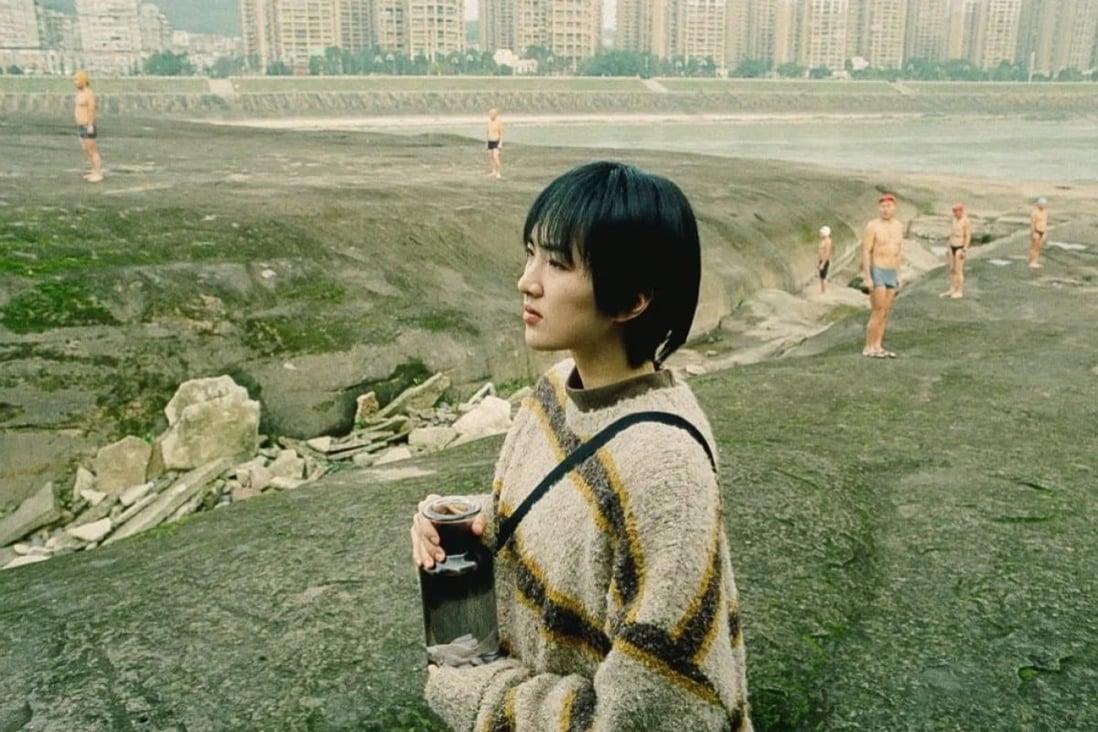
A still from The Water Murmurs, a short film directed by Chen Jianying. Chinese short films have enjoyed a recent wave of success at international festivals from Cannes to London.
When Southern Afternoon, a short film directed by Chinese filmmaker Lan Tian, was awarded the Sonje Award at the Busan International Film Festival in South Korea on October 14, many thought China’s short-film industry had already had a good finish to the year.
And then three days later, another Chinese short film, I Have No Legs, And I Must Run, by Li Yue, won the Short Film Award at the London Film Festival.
It would appear that short films from China have been rushing to be crowned in recent times. The prizes for Lan and Li’s works follow several others that have made a name for themselves.
The highlight came earlier this year at the Cannes Film Festival, where three Chinese short films were recognised.
The Water Murmurs, directed by Chen Jianying, won the Short Film Palme d’Or – the festival’s highest prize for short films. Will You Look At Me, by Huang Shuli, received the first Queer Palm – awarded for brilliance in LGBT+-relevant films – given to China. Somewhere, by Li Jiahe, took second prize in La Cinef, a category for short films from film schools around the world.
Meanwhile, three short films by mainland Chinese directors are set to compete at the upcoming Golden Horse Awards in Taiwan – despite Beijing’s continued boycott of the event.
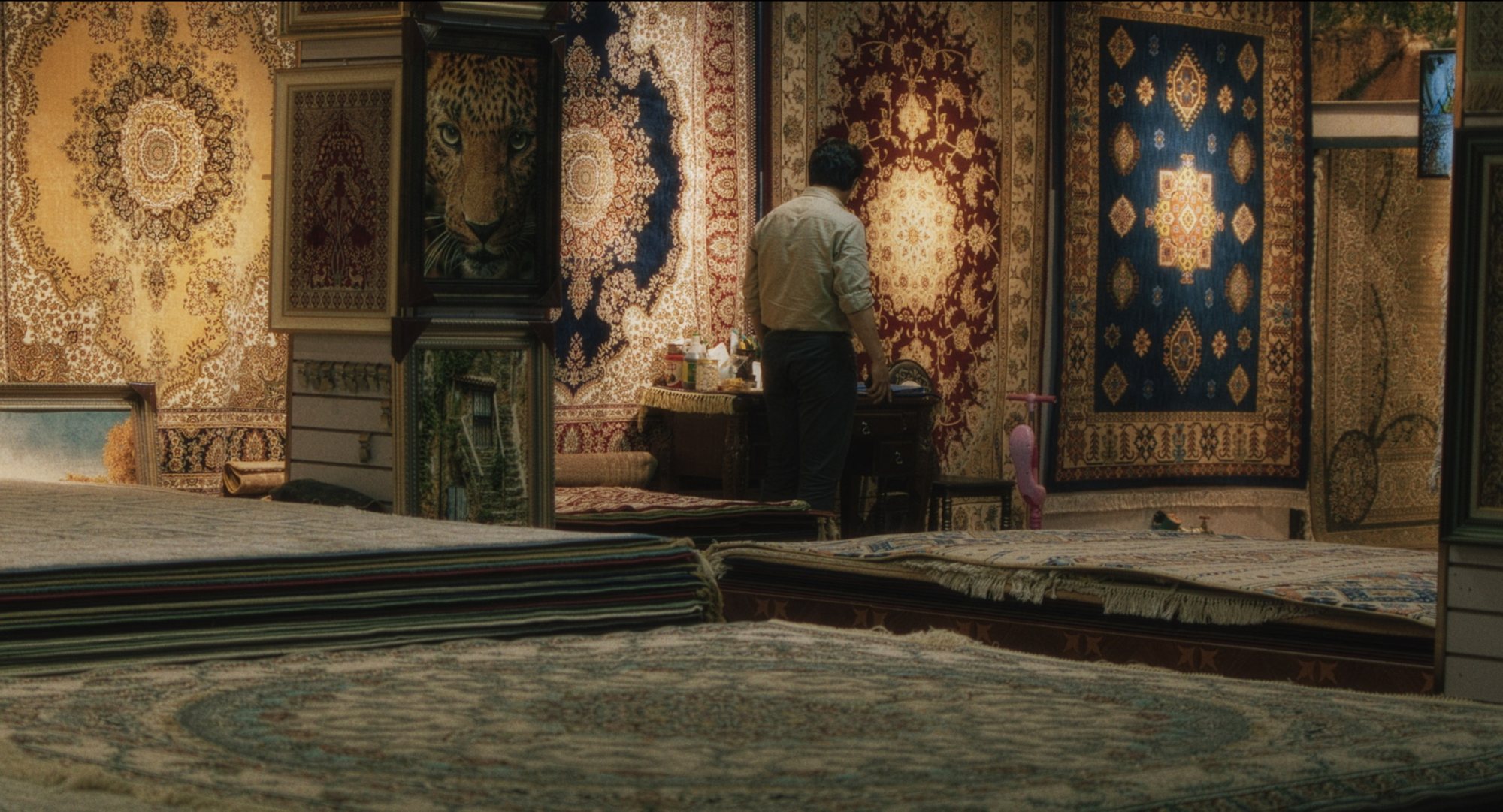
A still from Southern Afternoon, the short film directed by Lan Tian.
The notable success of short films made by Chinese filmmakers is in stark contrast to the subdued state of the country’s feature-film making, which by all counts is having a particularly quiet time on the international stage.
“The achievements of Chinese short films are indeed quite noteworthy in these years,” Vivi Fan, a professor at Communication University of China – a Beijing institution focused on education in broadcasting and communications – tells the Post.
“Through short films, young Chinese filmmakers are showing the world audience and critics the new flame in Chinese cinema.”

A still from Will You Look At Me, a short film directed by Huang Shuli.
According to Fan, who is also an adviser to the Busan International Film Festival, the strength of Chinese short-film creation stems from the freedom that young directors have to express themselves.
“[Short film production] is not restricted by the investors, in terms of [films’] length, genre, audience, and ideology. So we can see that our young creators are very strong in expressing what they think.”
Lei Shan, a film professor in Beijing and adviser to the Cannes Film Festival, points out that the huge number of film students in China is an advantage at the festivals.
“The number of students studying film in China is very large. [The film schools] would analyse the characteristics of a festival in detail and then create short films corresponding to the attributes of the festival and its tastes,” Lei says.
Besides the advantage in numbers, Lei believes the quality of China’s new generation of filmmakers is also improving.
“As the market enters the film industry, it can give rise to the ‘industrialisation’ of these young people’s filmmaking process. It gives them access to a professional team and some very good, first-rate actors in the creative group.”
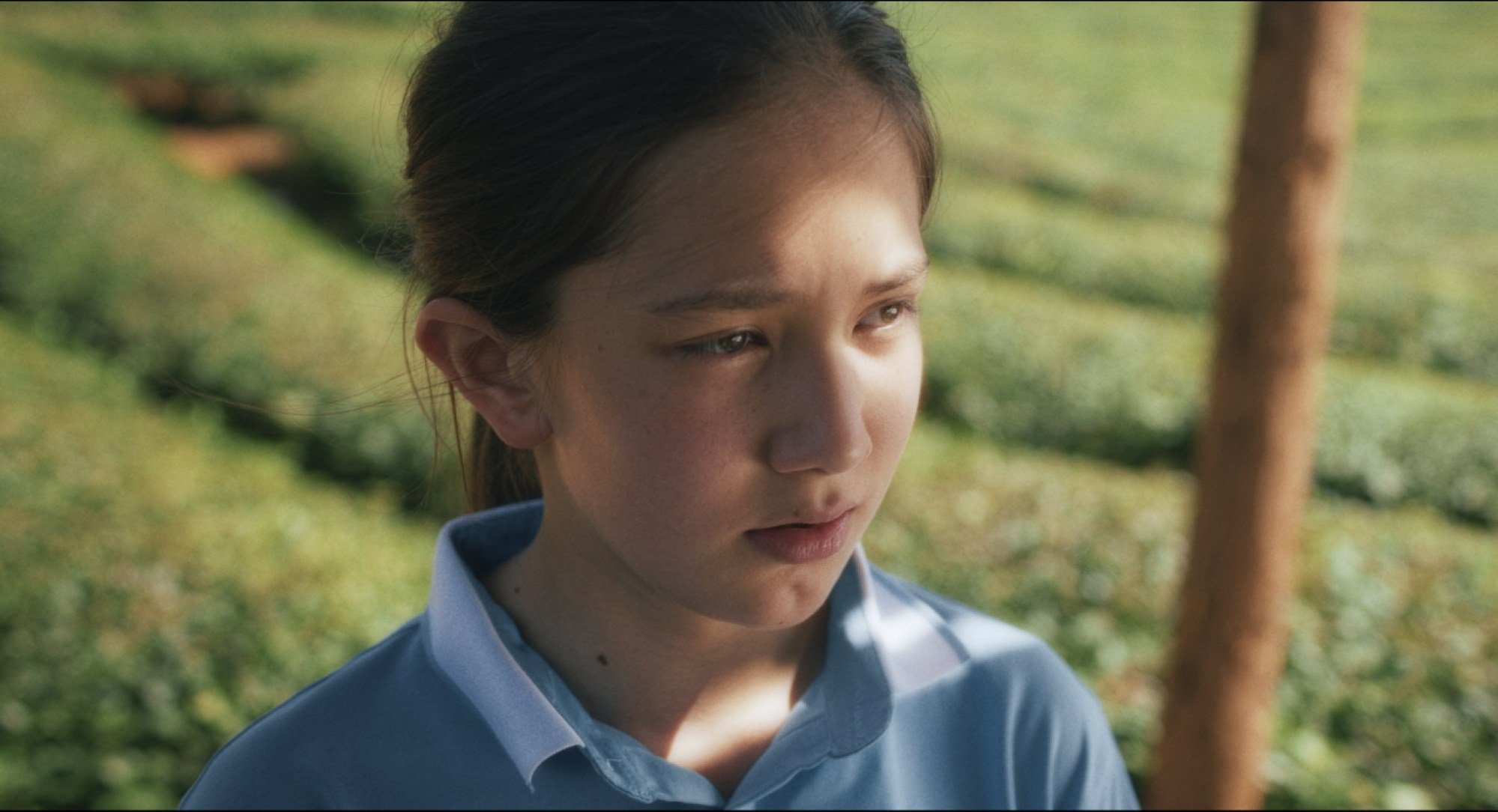
A still from Southern Afternoon, the short film directed by Lan Tian.
Southern Afternoon director Lan says that young Chinese filmmakers are passionate about making short films. “From my perspective, a lot of people are flocking to short films with great passion, which is a very moving thing to see.”
Lan’s work previously won the best short film award at China’s First International Film Festival – which focuses on promoting young filmmaking talent in China – where it had to compete with other strong entries such as Li’s I Have No Legs, And I Must Run.
Song Wen, co-founder of the First festival, believes that the style of China’s young filmmakers is evolving. “No more showing off. These works, as a whole, are more focused on humanistic temperament. More importantly, most of them focus on social issues, family relationships, and people’s problems.”
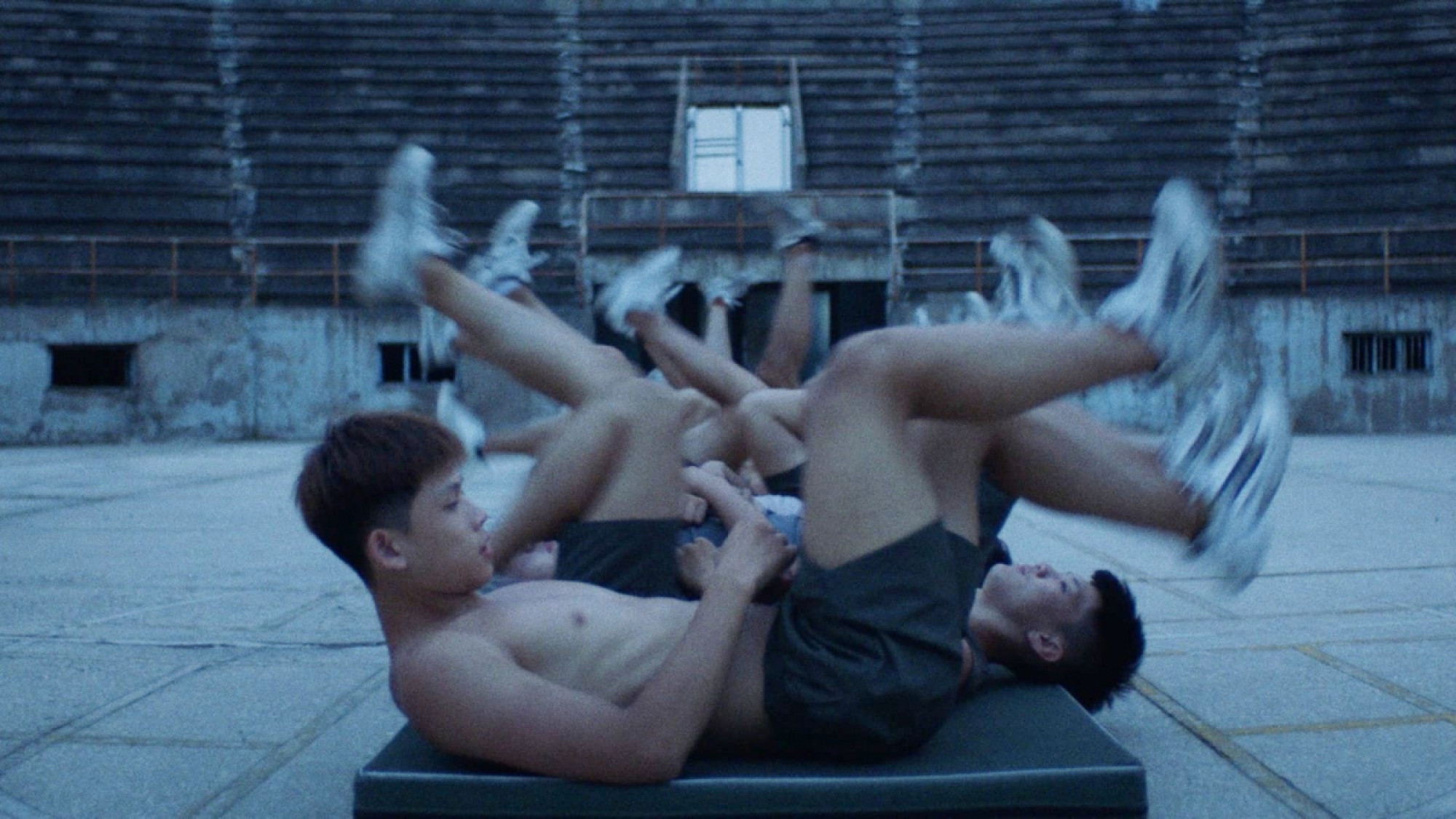
A still from I Have No Legs, And I Must Run, a short film directed by Li Yue.
“A lot of people in the younger generation, like us, see ourselves as having ‘a sense of mission’,” Lan adds.
Although short films from China are enjoying their moment in the sun, the shadow looming over the country’s feature films has not dissipated.
The tightening of censorship is one important factor. “The number of feature films going to the international stage has decreased sharply,” says He Xuan, a Chinese film producer.
“It’s harder and harder to get a ‘dragon mark’,” he continues, referring to the public screening licence that is required for films to participate in international festivals, “and the overall review time [for the films to be vetted by officials] is getting longer and longer. The comments about revisions also lack details.”
Another major factor is the downturn in commercial filmmaking under China’s strict “dynamic zero” Covid-19 policy. “From a domestic perspective, the environment of the industry is less than ideal during the pandemic. It has led to many young director teams going into hibernation for as long as three years,” Lei says.
When the pandemic environment finally eases, the young directors behind those critically acclaimed short films of recent years may well represent the future of China’s feature-film making.
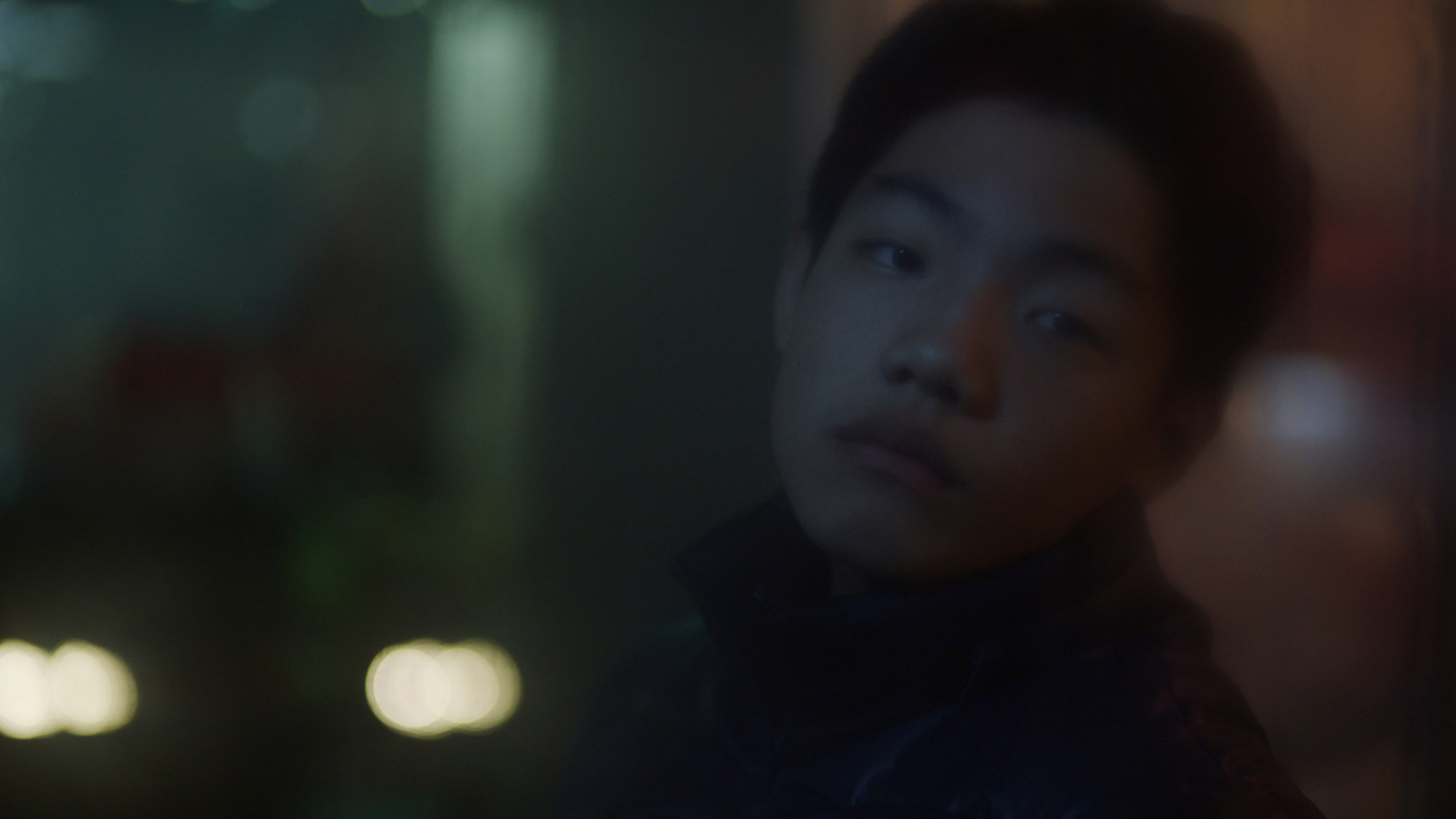
A still from On the Border, directed by Wei Shujun.
Wei Shujun is one of the young filmmakers who has turned to shooting feature films. After his short film On the Border was recognised at Cannes in 2018, Wei’s first two features, Striding into the Wind (2020) and Ripples of Life (2021), have both been selected by Cannes.
During his interview with the Post, Lan also says that he’s planning to extend his short Southern Afternoon into a feature-length film. It is one of two feature films that he’s currently developing.
However, Shi Chuan, vice-chairman of the Shanghai Film Association, believes that many of these young filmmakers still have a long way to go to establish themselves as feature film directors.
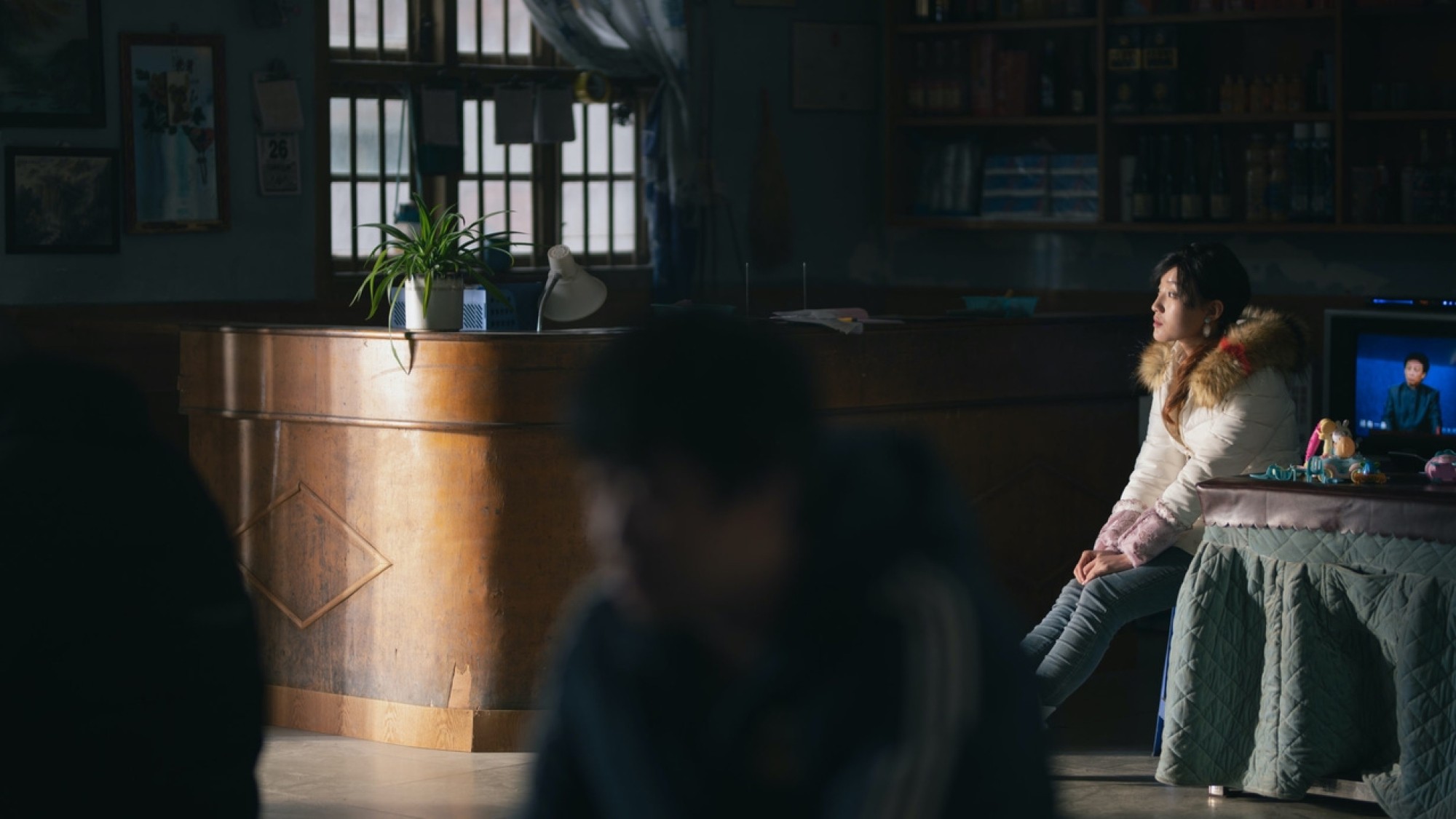
Huang Miyi in a still from Ripples of Life, the second feature from Chinese filmmaker Wei Shujun.
“When they enter the workplace, the first thing they have to face is the acceptance of the market, so it is completely different from making short films. Critics mainly look at the creativity and personal style of short films; these are the elements that can win awards, but they may not be the most commercially viable,” he says.
Lei points out that the rhythm and scale of feature film production are very different from those for a short film. “We still need venture capital and the film festivals to give creators the opportunity to gradually turn their short films into feature films.”
Compared to Chinese cinema’s most glorious days on the international film festival circuit some 20 years ago, the rapid development of commercial filmmaking in China has seen an unmistakable industry shift away from its worship of festivals.
“From a practical point of view, most Chinese films nowadays will consider the commercial value [first] and sacrifice some personal style and artistry,” Shi says.
“Therefore, whether Chinese films are not as good as before cannot be judged by international film festivals alone. The environment now is different from that time, and film development strategies are changing.”